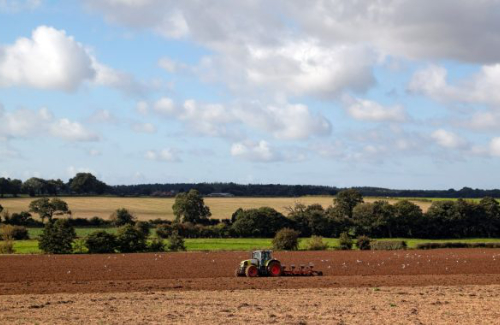
Inheritance Tax planning
There is normally no Inheritance Tax to pay if either:
- value of your estate is below the £325,000 Nil Rate Band (NRB);
- you leave everything above the £325,000 threshold to your spouse, civil partner, a charity, or a community amateur sports club.
If you leave your home to your children (including adopted, foster or stepchildren) or grandchildren your threshold can increase to £500,000 by way of the additional Residence Nil Rate Band (RNRB). There is tapered withdrawal of the RNRB if the overall value of your estate exceeds £2 million.
If you are married or in a civil partnership and you die first leaving your whole estate to your partner your unused threshold can be added to your partner’s threshold when they die. This means that on the second death the combined estate could have a threshold of as much as £1 million at the date of this being written.
The standard Inheritance Tax rate is 40%. It is only charged on the part of your estate that’s above the threshold. The estate can pay
Inheritance Tax at a reduced rate of 36%
on some assets if you leave 10% or more of the
to charity in your will. The Personal Representatives will use funds from your estate to pay Inheritance Tax to HM Revenue and Customs (HMRC).
There are a number of reliefs and exemptions for IHT which may be available to you to reduce your tax liability, however it is often the case that early planning of how you will pass on your assets is of the utmost importance to be able to maximise the available planning opportunities. Some of the exemptions and reliefs are:
- Gifting £3,000 each year IHT free
- Gifts to charities and political parties which are IHT exempt
- Gifting up to £250 per person on special occasions
- Making gifts out of income for the 7 year period before death
- Gifts in consideration of marriage which are IHT exempt
- Claiming Business Property Relief (BPR) if appropriate or considering the benefits of acquiring assets or investments which would qualify for BPR
- Claiming Agricultural Property Relief (APR) including making sure the structure of your Agricultural assets or business are suitable to maximise this relief
If you believe that your estate is likely to pay IHT when either you, or you and your partner, have died then we strongly recommend that you seek professional advice as to how you may be able to mitigate this tax liability for your beneficiaries.
At Frank Smith & Co Solicitors we can provide a full review of your personal financial and tax affairs to ensure you are benefiting from all available options to minimise your future inheritance tax liabilities.
Get in Touch








